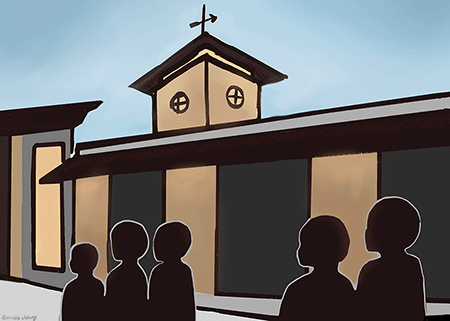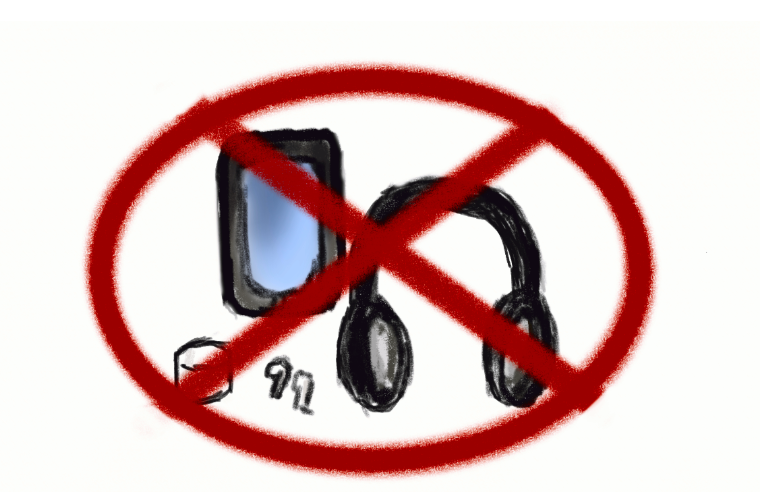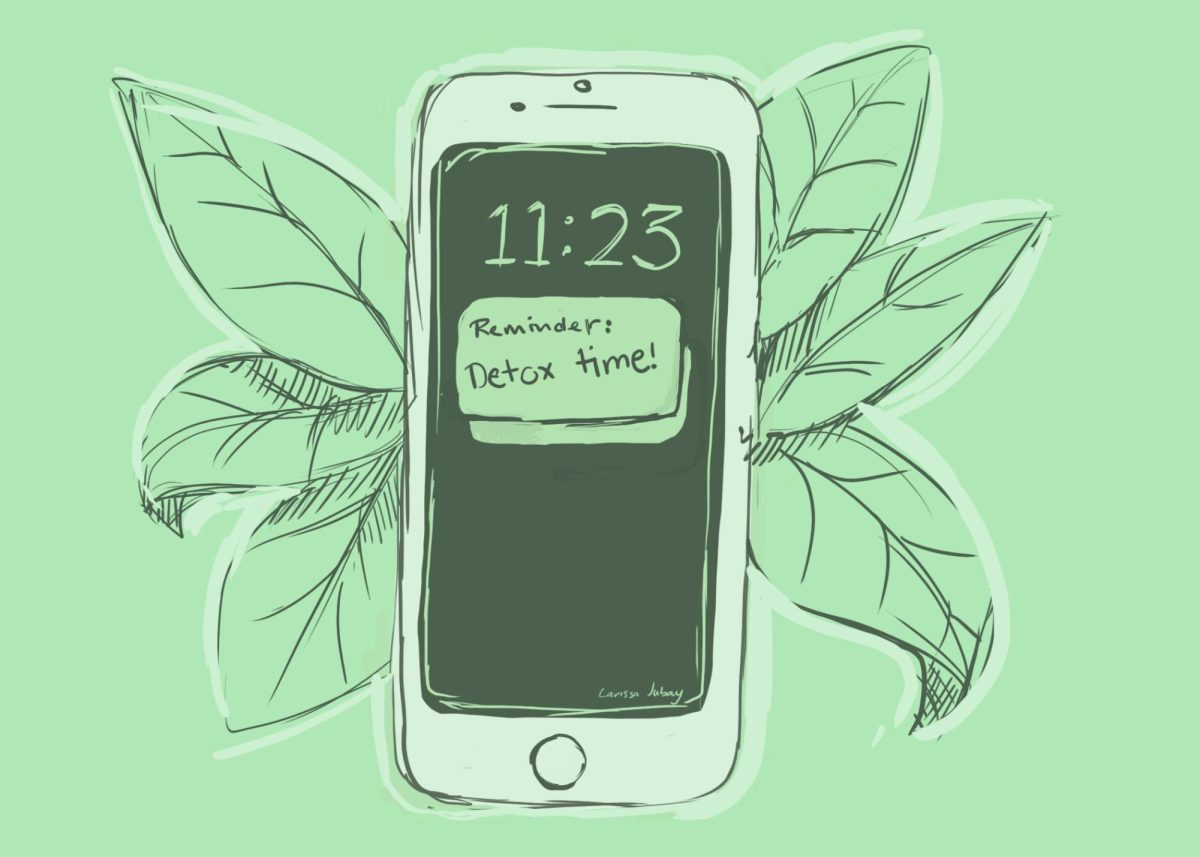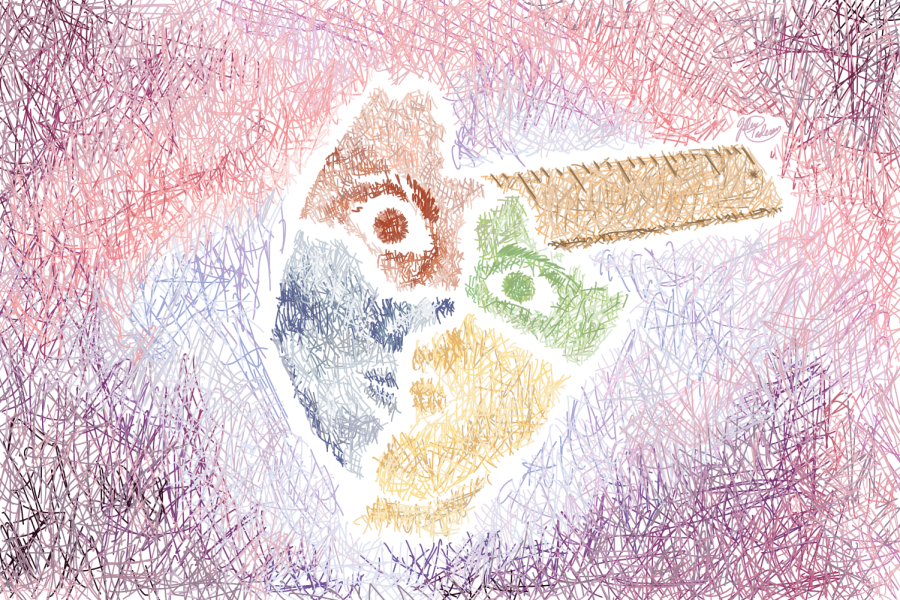Mental health problems in children and teens have become an increasing issue that the current generation has had to face head-on. The National Ambulatory Care Survey showed that from 2006 to 2019, patients aged 13 to 24 made 1.1 billion healthcare visits, of which 145 million involved mental health problems. This statistic does not even include the drastic change that happened after the Covid-19 virus which raised adolescent’s mental health crisis by 25%. This is a serious problem that is not only harming children but causing loss of life. Change is needed.
Phones are a main cause of mental health problems in children. Melissa Dennison is a doctor in Glasgow, KY, who has helped many, including youth having suicidal thoughts and struggling with self-harm. She said, “They have too much screen time, they’re not sleeping, on phones all the time” (Teens in Distress Are Swamping Pediatricians). This again was a result of the pandemic; in fact, children’s screen time surged up by 60% as a result of the pandemic.
Phones are only one part of the problem, social media is another main cause of decline in mental health. This is verified by the current Surgeon General of the United States, Vivek Hallegere Murthy. His claim has been one of the only government warnings supported by robust research, which includes studies that show teens who use more than three hours of social media a day face double the risk of mental health problems. In fact, about 95% of adolescents in the United States of America between the ages of 10 and 17 are using social media constantly. A 2023 study showed teens spend about 5 hours a day scrolling social media. These statistics only give a small idea of how many teens are likely struggling mentally.
If social media is such a problem in youth, why has it not been restricted? Well, it is not that simple. Governments have been unable to do anything about young children and teens on social media because of the constitutional issues involved. “When you regulate access to social media, you’re regulating access to speech, and the First Amendment binds the government to protect the free-speech rights of children as well as adults” David French (Florida Has Banned Kids Using Social Media, but It Won’t Be That Simple.). This shows that mental health cases need more support.
Important figures, like the President, and organizations, like the U.S. Public Health Service need to help institute change so children are protected from harsh social media environments. There also needs to be more discussion and education about the subject of mental health so kids have sources available if they are struggling and feel more comfortable talking to a trusted adult. These solutions are not a forever fix, but they can help make improvements to mental health issues, so future and current generations are not as heavily affected.
Sources
French, David . “Florida Has Banned Kids Using Social Media, but It Won’t Be That Simple.” Gale in Context Opposing Viewpoints, 28 Mar. 2024.
Hemendinger, Emily. “Surgeon General’s Call for Warning Labels on Social Media Underscores Concerns for Teen Mental Health.” Gale In Context Opposing Viewpoints, 21 June 2024.
Richtel, Matt. “Teens in Distress Are Swamping Pediatricians.” The New York Times, 10 May 2022, www.nytimes.com/2022/05/10/health/pediatricians-mental-health-crisis-teens.html.
Richtel, Matt. “When Teens Visit Doctors, Increasingly the Subject Is Mental Health” The New York Times, 7 Mar. 2024, https://www.nytimes.com/2024/03/07/health/adolescents-mental-health.html?searchResultPosition=9.












